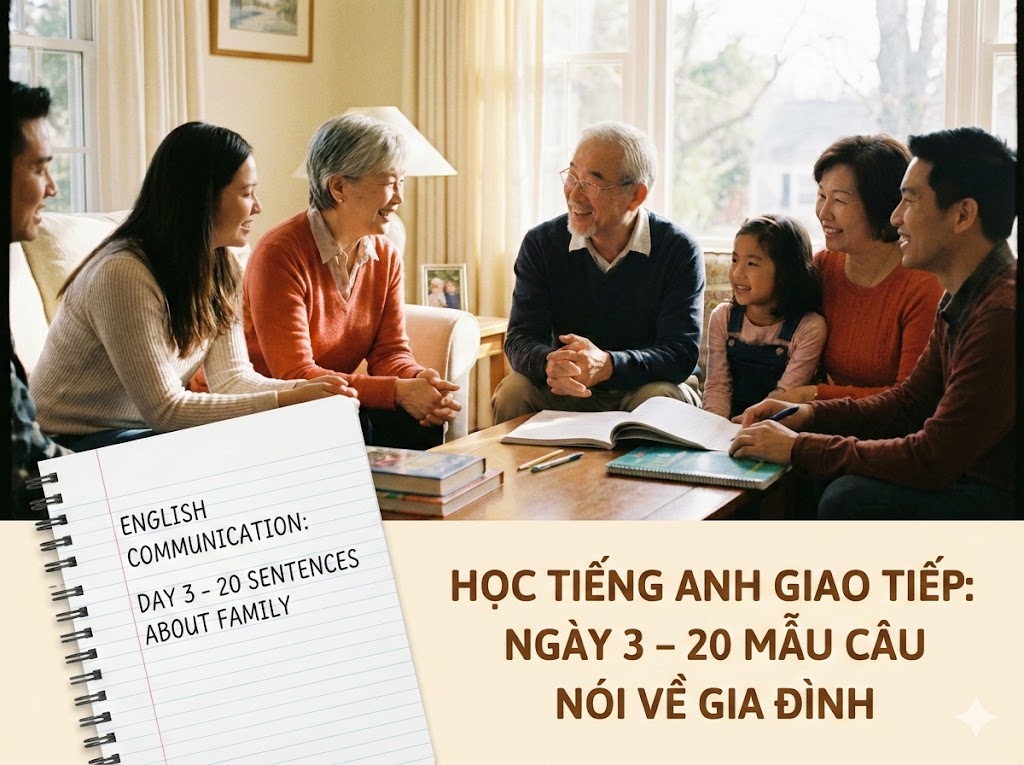Cách Sử Dụng Giới Từ tiếng anh Trong Câu Liên Kết
Sự hiểu biết về các giới từ trong các cụm từ liên kết là một kỹ năng quan trọng trong việc học và sử dụng tiếng Anh. Đặc biệt, khi bạn muốn giao tiếp hiệu quả và tự tin trong tiếng Anh, việc sử dụng đúng các giới từ thích hợp là rất quan trọng.
Ngữ pháp tiếng Anh có nhiều loại giới từ khác nhau, và chúng có thể được sử dụng để kết nối các ý hay thông tin trong câu. Việc hiểu cách sử dụng đúng các giới từ tiếng Anh không chỉ giúp bạn xây dựng câu văn mạch lạc mà còn tăng tính chính xác và tránh nhầm lẫn khi diễn đạt ý kiến của mình.
Các khóa học tiếng Anh tại trung tâm anh ngữ là cách lý tưởng để bạn rèn kỹ năng ngữ pháp và giao tiếp tiếng Anh. Tại đây, bạn có thể học từ căn bản đến nâng cao về cách sử dụng các giới từ trong câu, thông qua việc thực hành và nhận phản hồi từ giáo viên chuyên nghiệp.
Hãy nhớ rằng khả năng sử dụng đúng các giới từ trong các cụm từ liên kết sẽ giúp bạn truyền đạt ý kiến và thông tin một cách rõ ràng và chính xác trong tiếng Anh. Vì vậy, đừng ngần ngại tham gia vào một khóa học tại trung tâm anh ngữ để cải thiện kỹ năng này và trở thành một người nói tiếng Anh thành thạo hoặc bạn có thể tham khảo các điểm ngữ pháp tiếng anh trong bài viết này của chúng tôi.
Prepositions (2)
Prepositions in linking phrases
5. Ta có thể sử dụng cụm giới từ để khẳng định những gì ta vừa nói hoặc những gì ta sẽ nói:
Don’t forget to water the flowers, in particular my beautiful roses.
(= Please take special care of my roses.)
Polar bears are in danger because of climate change.
Thực hành văn phạm giới từ tiếng Anh
4. Ta có thể sử dụng cụm giới từ để đưa thêm thông tin hoặc thêm dẫn chứng hỗ trợ cho những gì ta đang nói:
for example/ in fact/ in particular
Tình huống thầy giáo nói trong lớp học:
Remember to use the word ‘please’ when making a request. For example, ‘Could you shut the window please?’ It’s very important, in particular when speaking to people you don’t know.
5. Ta sử dụng một số cụm giới từ để tóm tắt hoặc kết luận về những gì ta đã nói:
in other words/ in brief/ inshort/ in conclusion
Chúng thật hữu dụng khi giải thích ý kiến trong tình huống trang trọng, thí dụ trong một buổi diễn thuyết:
We must do something now to protect the environment. In other words, now is the time for us to protect the rainforests. In short, it is our responsibility to stop global warming.
6. Ta sử dụng một số cụm giới từ để giải thích hoặc đưa ra lý do cho việc gì:
because of/ thanks to/ due to
Tình huống ta có gắng giải thích vận rủi của ta;
Thanks to the terrible weather, I was completely wet when I arrived at the station. And then the trains were running late because of a tree that had fallen on the line.
7. Một số cụm giới từ liên kết với thời gian:
at night in the morning/afternoon/evening in time (= not late)
on time (= at the agreed time) in a hurry/rush in the meantime
He was in a hurry and didn’t want to be late, so he ran to make sure he arrived on time.
Bài tập giới từ tiếng anh
D. Which preposition?
Cross out the incorrect preposition in each of the following sentences.
0 I don’t like to go out in / at night.
1 Because of / for an engine problem, I had to take my car to the garage.
2 Dad always leaves work early on Fridays so he can be home at / in time for dinner.
3 The aeroplane had to make an emergency landing at Heathrow due to / for a technical problem.
4 I usually have a cup of tea in / on the afternoon.
5 Jeff wasn’t hurt in the car accident, thanks for / to his seatbelt.
E. Lost in the forest
Tom and Ann are on a walking holiday. Complete their conversation using the prepositional phrases from the box.
in a hurry/ in other words/ in the meantime
at night/ for example/ thanks to/ in fact
TOM I’m sorry, Ann, I really don’t know where we are.
ANN So, (0) in other words, we’re lost.
TOM Yes. (1) . . . . . . . . . . , I don’t think we’re going to find the youth hostel before it gets dark.
ANN But there might be wild animals out here, (2) . . . . . . . . . . bears and wolves – I don’t want to be out in the forest (3) . . . . . . . . . . . .
TOM Neither do I, so we’ll keep walking for now. But (4) . . . . . . . . . ., we should look out for a good place to put up the tent, just in case.
ANN Erm, the tent?
TOM Don’t tell me you forgot to bring the tent! So, (5) . . . . . . . . . . you, we have nowhere to sleep tonight!
ANN Well, I forgot it because you were (6) . . . . . . . . . . . to leave this morning.
F. New reports
Complete these extracts from TV news reports using the prepositional phrases from the box.
on time/ in particular/ in conclusion/ in the morning/ due to
0 Crime rates in the capital are rising. (0) In particular, car theft has increased by 75%.
1 Fuel resources are running out, the cost of petrol is rising, and industry is polluting the atmosphere. (1) . . . . . . . . . . , we need to find alternative sources of energy.
2 (2) . . . . . . . . . . the gradual increase in the price of meat, more and more people are becoming vegetarian.
3 Last month, Western Rail announced that over 90% of its trains arrived at their destinations (3) . . . . . . . . . . . .
4 Over 30% of people admitted that they have difficulty getting out of bed (4) . . . . . . . . . . . . .
Đáp án:
D.
1. of 3. to 5. to
2. in 4. in
E.
1. in fact 4. in the meantime
2. for example 5. thanks to
3. at night 6. in a hurry
F.
1. In conclusion 3. on time
2. Due to 4. in the morning
Nguyen Minh Son (22.09.2012)




